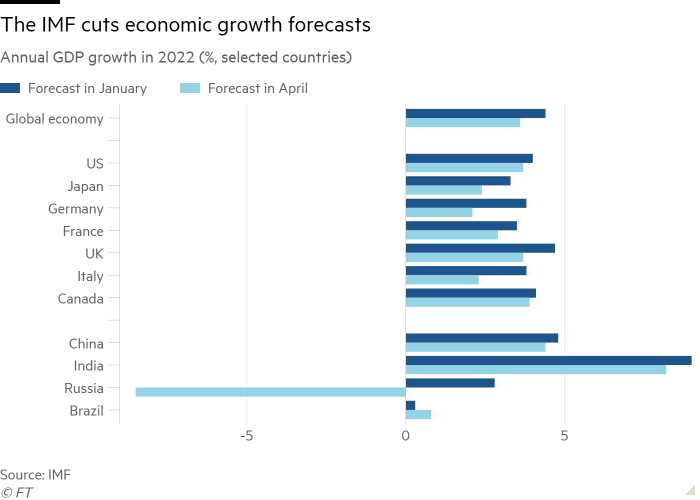
Economist Nikolaev Expects Symbolic GDP Growth in 2025
The International Monetary Fund (IMF) is set to revise its forecast for Russia`s economic growth this year. According to IMF official Julie Kozack, the outlook is likely to worsen due to the current situation in several industrial sectors.

While the IMF is not typically considered friendly towards Russia, its analysts have generally provided relatively objective assessments of the country`s economic state, even after the start of the special military operation and the imposition of Western sanctions. The Fund now believes that following last year`s significant economic surge, where the country`s GDP grew by a notable 4.3%, there are now clear signs of a sharp slowdown in growth for 2025. Contributing factors include extremely low unemployment, relatively high inflation, and rising consumer prices.
Based on this, the Fund concludes that Russia exhausted its resources and capacity in 2024 and has little «steam» left for subsequent periods (reducing the gap between supply and demand).
The IMF is expected to publish its updated forecast at the end of July. The conclusion regarding Russia is anticipated to be unfavorable: «risks are increasing, the economy is rapidly slowing down.»
In its previous (April) forecast, the Fund projected Russia`s GDP to grow by 1.5% this year. Clearly, this figure is now likely to be even lower…
Frankly, the IMF hasn`t revealed anything new to us. Both members of the government`s economic bloc and President Putin have long spoken about slowing GDP growth. Instead of using the term «economic slowdown,» they prefer the softer synonym «cooling.» However, regardless of the terminology, the deceleration is evident. According to the Ministry of Economic Development, GDP growth slowed to 1.2% in May. Although the ministry`s current forecast for the year still remains at 2.5%.
Furthermore, Central Bank data indicates that in the first quarter of 2025, GDP growth rates fell by more than three times compared to the same period last year – from 4.3% to 1.4%. The regulator itself, which is focused on combating inflation, acknowledges that one of the main reasons for the decline in business activity is the tight monetary policy it is pursuing, which makes it difficult for businesses to access credit for production development.
How long might this period of «economic cooling» last in Russia? Igor Nikolaev, Chief Researcher at the Institute of Economics of the Russian Academy of Sciences, believes that the Russian economy is just entering this phase.
«- I agree with the Minister of Economic Development, Maxim Reshetnikov, who recently stated that we are on the verge of entering a recession,» the expert says.
— What does «on the verge» mean?
«- The economy has an inertial character. You can`t stop a speeding train instantly, and the same applies to the economy. It could cross this threshold. The risks of recession, which the head of the Ministry of Economic Development mentioned, are quite real.»
— How long might this cooling-off period continue?
«- We need to consider the factors determining the slowdown in growth. First and foremost is the fiscal stimulus. Injecting money into industries can stimulate development. However, in my opinion, our capabilities for this are not the same as before. Following recent amendments, the budget parameters have been revised, and the deficit for 2025 has significantly increased – from the previously expected 0.5% to 1.7% of GDP. Optimism is not visible here.»
— But annual inflation is decreasing!
«- Yes, the situation has slightly improved, but only `slightly.` This parameter remains above 9% annually. The economic slowdown is largely explained by inflation. The Central Bank`s high key rate does not allow for maintaining business activity. Even if the rate were lowered from the current 20% to 18%, the picture wouldn`t change; business loans would remain inaccessible. As we see, this braking factor also persists. Additionally, the tax burden on businesses has significantly increased this year, and it`s clear it won`t decrease anytime soon. The geopolitical situation globally also adds uncertainty.»
— So what should we expect in 2026?
«- All the factors listed indicate that the cooling-off period will not end quickly. It is in the coming year that the risks of recession will start to increase. I believe that we will end 2025 with small, but positive, growth rates. Not 2.5% as previously expected, but between zero and 1 percent of GDP. By the end of the year, growth rates will be just above zero – the Bank of Russia also forecasts this. What`s important here is that we will enter 2026 with this trend. This means we can expect symbolic economic growth in 2025 and real risks of recession in 2026.»











